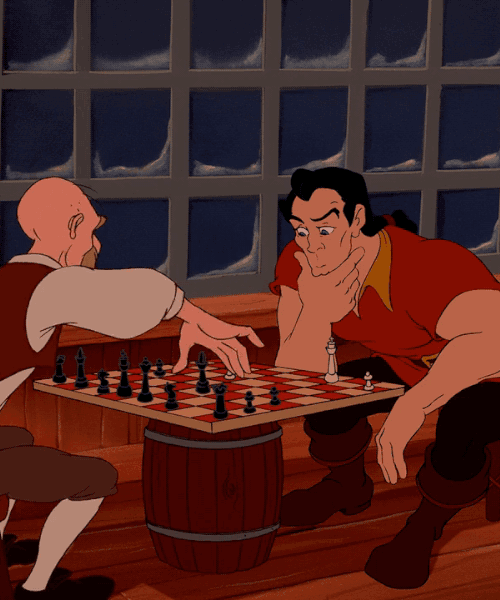McNamara: Let me go back one moment. In the Cuban Missile Crisis, at the end, I think we did put ourselves in the skin of the Soviets. In the case of Vietnam, we didn't know them well enough to empathize. And there was total misunderstanding as a result. They believed that we had simply replaced the French as a colonial power, and we were seeking to subject South and North Vietnam to our colonial interests, which was absolutely absurd. And we, we saw Vietnam as an element of the Cold War. Not what they saw it as: a civil war.
1995
There aren't many examples in which you bring two former enemies together, at the highest levels, and discuss what might have been. I formed the hypothesis that each of us could have achieved our objectives without the terrible loss of life. And I wanted to test that by going to Vietnam.
The former Foreign Minister of Vietnam, a wonderful man named Thach said, "You're totally wrong. We were fighting for our independence. You were fighting to enslave us."
We almost came to blows. That was noon on the first day.
"Do you mean to say it was not a tragedy for you, when you lost 3 million 4 hundred thousand Vietnamese killed, which on our population base is the equivalent of 27 million Americans? What did you accomplish? You didn't get any more than we were willing to give you at the beginning of the war. You could have had the whole damn thing: independence, unification."
"Mr. McNamara, You must never have read a history book. If you'd had, you'd know we weren't pawns of the Chinese or the Russians. McNamara, didn't you know that? Don't you understand that we have been fighting the Chinese for 1000 years? We were fighting for our independence. And we would fight to the last man. And we were determined to do so. And no amount of bombing, no amount of U.S. pressure would ever have stopped us."


